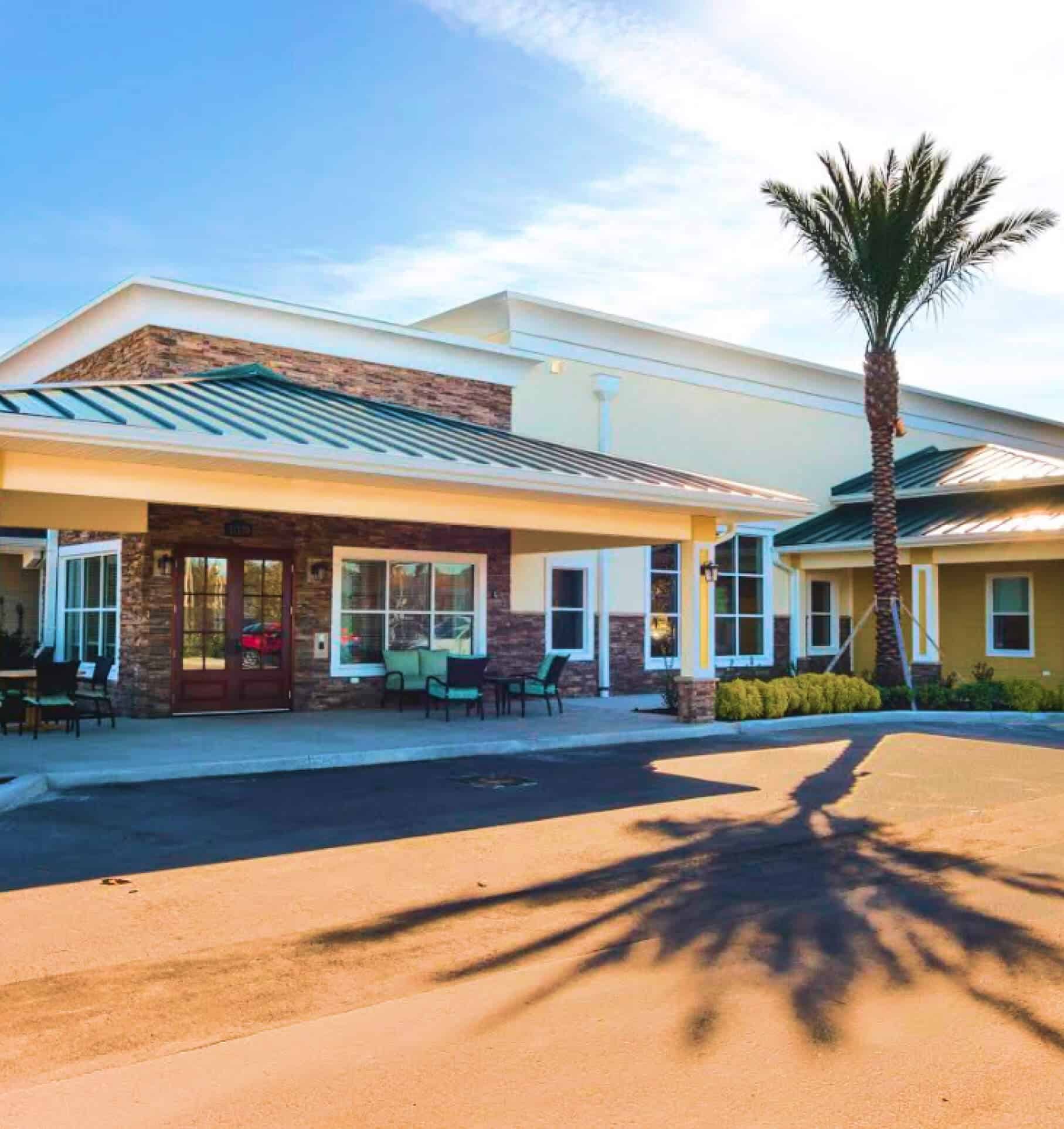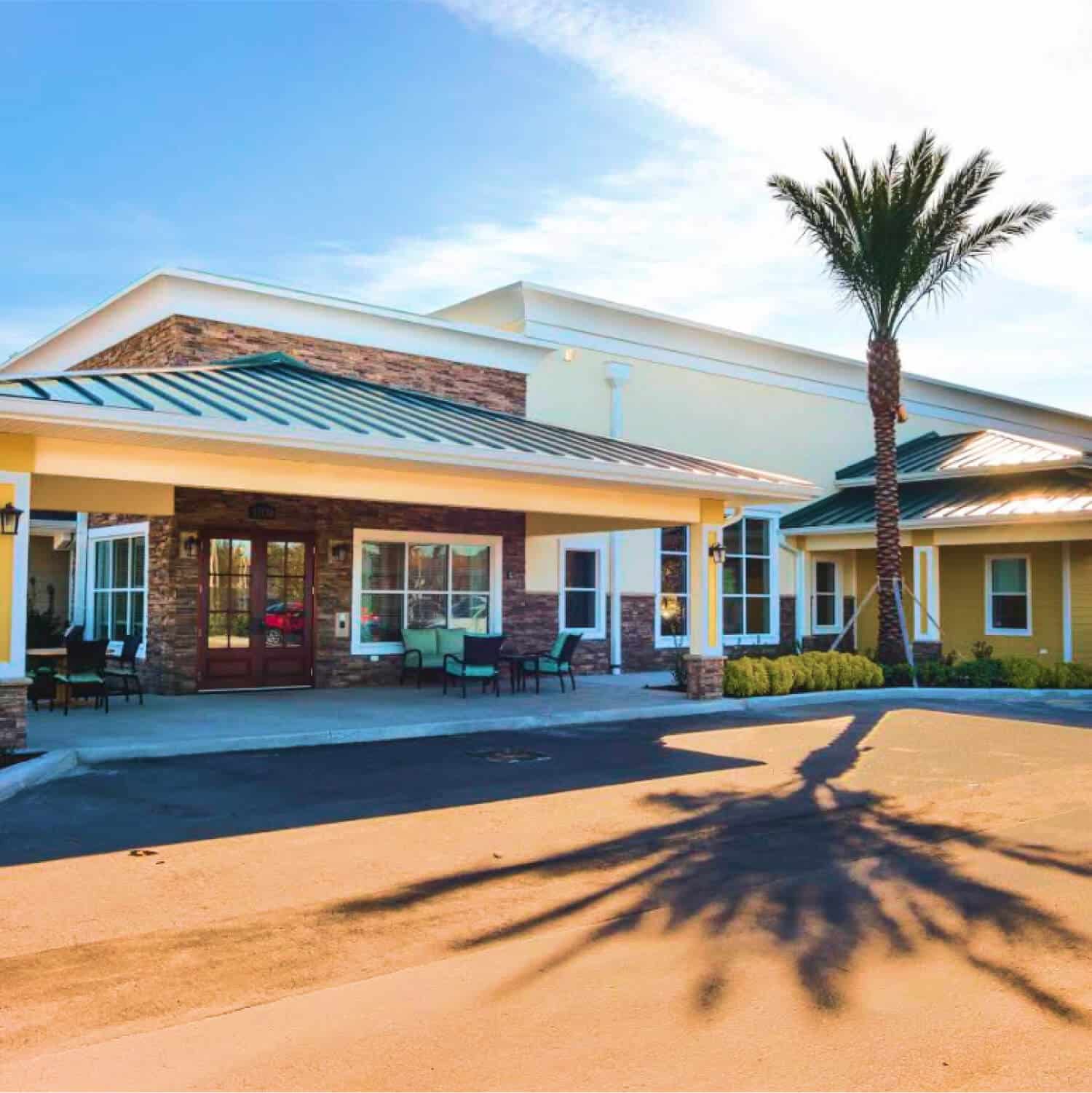Home Area of Expertise

There are over 100 different types of dementia. Dementia is not a specific disease. It’s an overall term that describes a wide range of symptoms associated with a decline in memory or other thinking skills severe enough to reduce a person’s ability to perform everyday activities. The two most common examples of dementia are Alzheimer’s disease (60-80% of cases), and Vascular dementia. While symptoms of dementia can vary greatly, often at least two of the following mental functions are significantly impaired to be considered dementia: memory, communication and language, ability to focus and pay attention, reason and judgements, and visual perception.
Alzheimer’s is the most common type of dementia, affecting memory, thinking, and behavior. It is not a normal part of aging. The greatest known risk factor is increasing age, as most people with Alzheimer’s are 65 and older. However, Alzheimer’s is not just a disease of old age, and approximately 200,000 Americans under the age of 65 have younger-onset Alzheimer’s disease. There is no cure, but treatments can help manage symptoms. Research continues toward new advancements.
Parkinson’s disease is a long-term disorder of the central nervous system which leads to progressive deterioration of motor function due to loss of dopamine-producing brain cells. Primary symptoms include tremors, stiffness, slowed movement, impaired balance, and, later on, a shuffling gait. Dementia also becomes common in advanced stages. Like Alzheimer’s, there is no cure for Parkinson’s disease, but current treatment plans have shown impressive improvement in symptoms.
Frontal temporal dementia (FTD) is a progressive brain disorder primarily affecting frontal and temporal lobes of the brain, which are responsible for behavior, personality, language, and movement. Unlike Alzheimer’s disease, which primarily impacts memory, FTD is characterized by significant changes in behavior and personality, as well as difficulties with language and motor skills. Symptoms can include inappropriate social behavior, loss of empathy, compulsive actions, and difficulty in understanding or producing speech. As the disease progresses, individuals may experience increasing difficulty in managing daily activities and maintaining personal relationships. Although the exact cause of FTD is unknown, it is linked to abnormal protein deposits in the brain. Currently, there is no cure for FTD, but treatments and therapies can help manage symptoms and improve quality of life.
Lewy Body Dementia (LBD) is a complex and progressive neurological disorder that is marked by the presence of abnormal protein deposits, called Lewy bodies, in the brain. These deposits affect chemicals in the brain, leading to a decline in cognitive abilities, visual hallucinations, and variations in alertness and attention. LBD often also causes symptoms similar to Parkinson's disease, such as muscle stiffness, tremors, and difficulties with movement. People with LBD may experience rapid eye movement (REM) sleep behavior disorder, which involves acting out dreams. Because of its wide range of symptoms and overlap with other conditions, LBD can be challenging to diagnose. While there is currently no cure, treatments can help manage symptoms, improve quality of life, and provide support for both individuals and their families.
Vascular dementia is a type of dementia caused by reduced blood flow to the brain, often resulting from a stroke or a series of small strokes, which leads to brain cell damage. This condition affects cognitive functions such as memory, thinking, and reasoning. Symptoms can vary widely depending on the location and extent of the brain damage, but often include difficulties with problem-solving, slowed thinking, disorientation, and trouble with concentration. Physical symptoms may also occur, such as difficulty walking or maintaining balance. Vascular dementia often progresses in a stepwise manner, with sudden declines followed by periods of stability. Although there is no cure for vascular dementia, managing underlying conditions like high blood pressure, diabetes, and high cholesterol can help slow its progression and improve the quality of life for those affected.

Explore our Resources page for additional information.


If a loved one exhibits any of the following symptoms, click to learn more about when you should share your concerns with a physician:
While it’s normal to forget appointments, names, or telephone numbers, those with dementia will forget facts or information more often and not remember them later.
From time to time, many of us misplace something of importance, such as a key or cell phone, and eventually we find it in a very logical place. However, the important difference with dementia to look out for is where the item is found. A person with Alzheimer’s disease may put things in unusual places, such as a key in the freezer or a wallet in the dishwasher.
Normal and familiar tasks such as cooking, using household appliances, or enjoying a life-long hobby become challenging — because they forget steps involved. It’s not uncommon for somebody who was an avid sewer to ‘lose interest’ in sewing to hide the fact that they don’t remember how to thread the bobbin and needle.
Do you notice your loved one dressing without concern over the weather? Perhaps wearing too little of clothing or at other times too much? Or have they lost or given away money? Paid for or signed up for services that make little or no sense given their needs? If you see these signs, it is critical to learn what safety measures you can put into place to protect your loved one from physical and financial harm.
It’s normal to be moody from time to time. However, Alzheimer’s disease can cause drastic mood swings that often don’t match up with the situation at hand. Your loved one may go from being sweet and calm to tears, intense anger, or have intense confusion and fear for no apparent reason.
These can be the most dangerous symptoms because they can instill fear and may result in unsafe behavior or actions. People with Alzheimer’s disease who become disoriented or experience hallucinations can easily forget where they are and how they got there. Sometimes, this could result in them becoming lost and unable to return home safely on their own.
Are they sleeping more often, declining invitations for gatherings, or withdrawing more in general? Do they lack a good reason for their passiveness? These symptoms often present over a period of time and your loved one may perceive their new routine as the longstanding norm for them. Isolation and lack of socialization can lead to depression and failure to thrive.

Contact us to learn more about our complimentary assessment.


No one reviews a company more thoroughly than a potential employee -and I have found ALL GREAT THINGS! Whether I accept a position here or not, I will be a word of mouth cheerleader for Certus for many years to come.












It’s a community of caregivers who truly care. There’s no need for me to single out a few outstanding employees, because it’s literally the entire staff! Every staff member is an expert at what they do. Upon moving in, the care team quickly got to know both of my parents and provided them with exactly the environment they needed. Unbeknownst to us, the facility my parents lived in prior to Certus was essentially neglecting them to the point of rapid decline. My mother, in particular, was suffering from malnutrition, dehydration, and medicine mismanagement. Certus quickly put her on a rigid schedule to ensure that she received precisely what she needed to thrive. She has made a remarkable turnaround since moving into Certus, so much so that she is now relocating an assisted living facility.
The Certus team is excellent when it comes to communicating with the family. They let us know what’s going on and if there’s anything we need to take care of. They handle everything from medication management to coordination with visiting physicians. The environment is clean, attractive, and cheery. It’s a joy to watch the staff interact with the residents with such genuine love. I cannot praise Certus enough – there’s no place quite like it.













From personalized living suites to dignified dining, Certus makes sure that our residents feel relaxed and at home. By choosing colors, lighting, and textures that are proven to soothe and calm those with cognitive impairment, we see improvements in quality of life and level of independence on a daily basis.
Certus is transforming memory care in Florida and beyond. Through our affiliate, the Certus Institute, we provide nationally approved dementia training for associates, families, and community partners. Every team member completes dementia certification, ensuring expert care and understanding.
We also collaborate with leading organizations like the National Institute for Dementia Education (NIDE), Lynchburg College’s Beard Center on Aging, the Alzheimer’s & Dementia Resource Center, and The Byrd Alzheimer’s Institute – keeping us at the forefront of the latest research and best practices.

